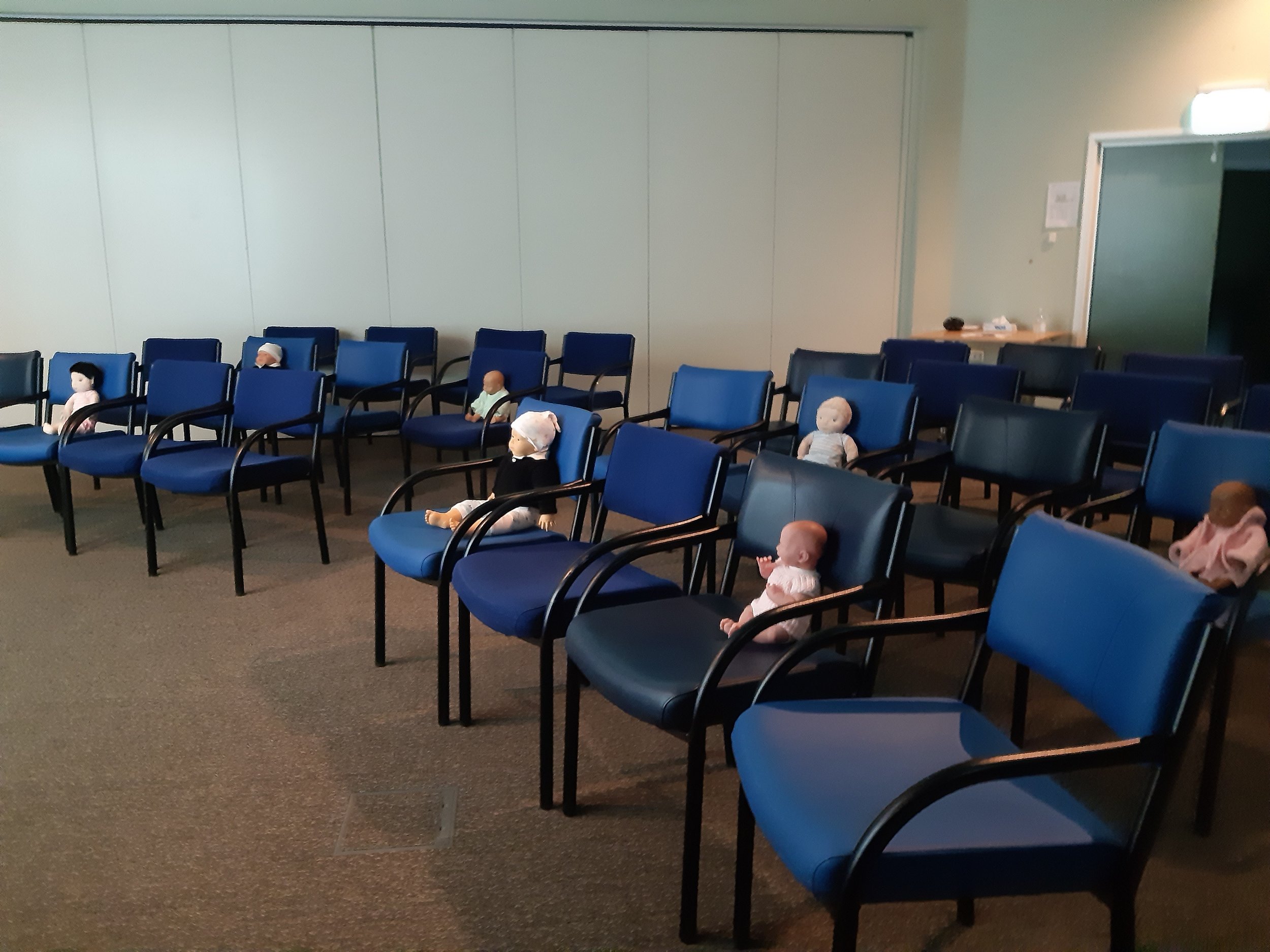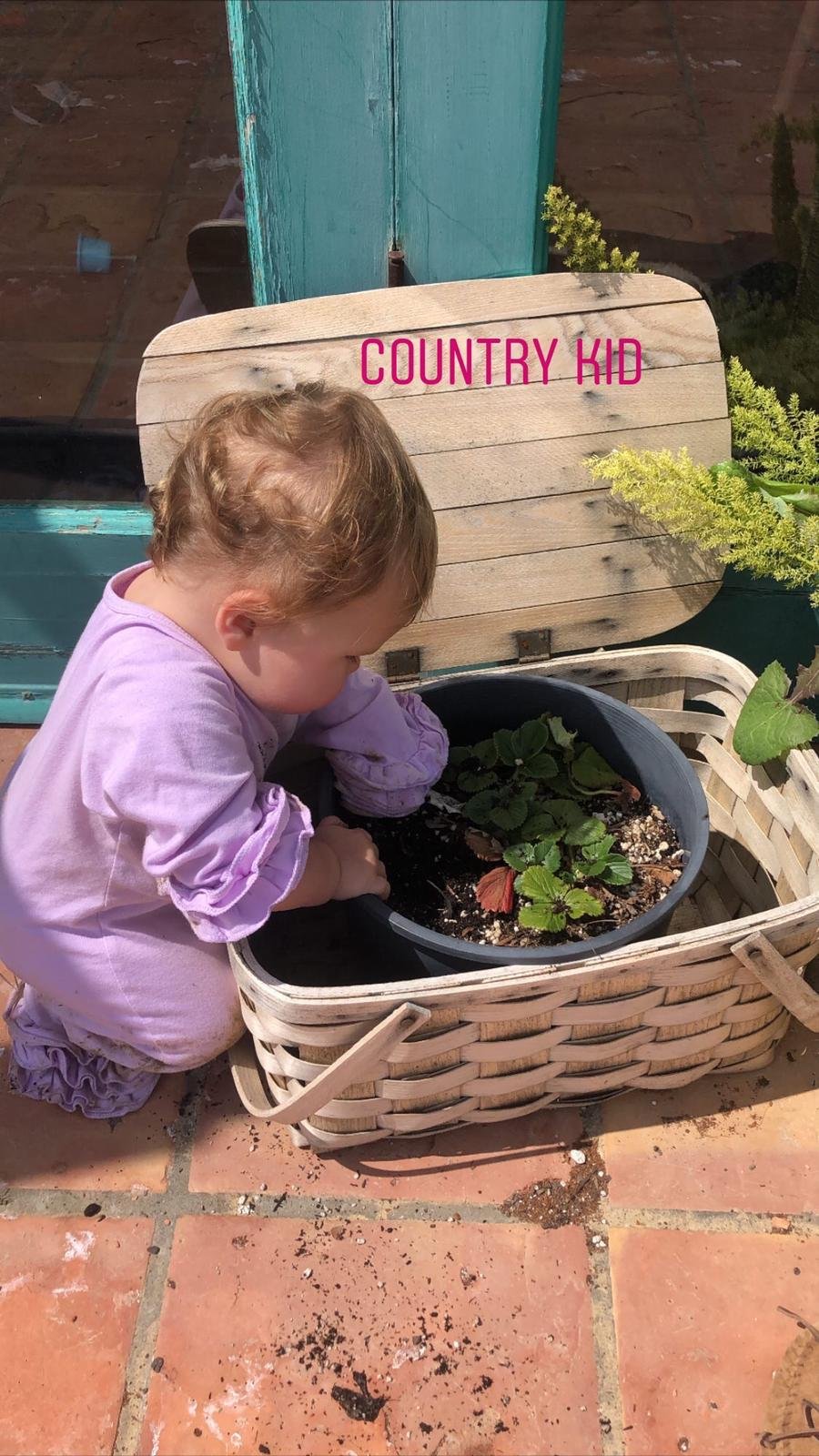
Workshops
Photograph by permission of friends & whānau
We offer workshops that can be tailored to your organisation’s needs…
Prices start from $700 (plus GST) for Half Day Workshop (3 hours), $1200 (plus GST) for Day Workshop.
Here is a few examples . . .
Let’s Talk . . .

Service Delivery
All Workshops can be offered virtually or in person (depending on location)
We have worked with organisations in remote areas of New Zealand, and the north island via video link - so location is not a problem.
Photograph by permission of friends & whānau
Some years ago, we sought training in the Neuro-sequential Model of Therapy (NMT) at the Child Trauma Academy in the United States founded by Dr Bruce Perry. We did this because our years of experience with infants, toddlers, young children, adolescents and their families led us to recognise the prevalence of trauma in the lives of those with whom we were working. We went on to train at the NMT advanced level, which allows us to teach others about the neuro-sequential development of the brain, the neurobiology of traumatic stress and how varying types of trauma create different neural frameworks.
We give lectures, provide presentations/workshops/training and offer reflective practice facilitation to practitioners from diverse professional backgrounds. Professionals from multiple disciplines, who have attended our presentations/workshops on the subject of trauma, report the increased understanding of the effects of early trauma on the developing brain has enriched their practices.
Trauma.
Workshops designed for pre-school educators:
Trauma and the Toddler: What am I seeing and what does it mean?
Walk a Mile in My Shoes: The challenges faced by early educators
Workshops designed for those working with children of primary school age:
Trauma Related Behaviours and How to Respond
Teachers as Pathfinders: What works and why with children who have experienced trauma
Tale of Two Children: The effects of trauma on the developing brain
Workshops designed for all professionals who touch the lives of children 0-5 and their families:
Trauma Informed Care
The Effects of Trauma on the Developing Brain
The Effects of Exposure to Family Violence on the Developing Brain: How to see those effects and what to do about them
Photograph by permission of friends & whānau
The Audacity to be Real: placing relationship at the centre of our practice
Learning Objectives:
1. Understand how the earliest relationship forms the template for all further relationships
2. Understand the bi-directional nature of relationships
3. Explore how disruption in the early relationship manifests in later relationships
4. Learn about the use dependent nature of the brain and how positive, attuned interaction addresses past trauma
Photograph by permission of friends & whānau
Audacity to be Real:
We consider this workshop to be fundamental. It is about the building of trust with the distrustful, which relies on the practitioner being authentic. We explore what is needed to allow for the authentic self to be present. The workshop is for managers as much as it is for staff; practitioners must feel safe in the workplace in order to access that spontaneous part of themselves which allows for authenticity. The distrustful are hypervigilant and hypersensitive to discrepancies between nonverbal and verbal communication. We explore how to scaffold authenticity, as well as the barriers to being real with the distrustful.
The Primary Language of Infants
Understanding Infant States, Infant Cues, Infant Behaviour, State Modulation, & Regulation - Feeding, Sleeping & Crying
Photograph by permission of friends & whānau
Sense and Sensibility: How sensory issues present in young children.
A baby cannot be divided into a mind and a body. A baby’s body is the means by which she expresses herself. Her toes, legs and fingers will wiggle in delight or writhe in distress. It is by observing the language of the body we come to understand how this unique baby before us experiences the world. This workshop is designed to help practitioners see the behaviour of a baby, a toddler or a young child in the light of how that child takes in the external world and how she experiences internal sensations produced by pressure on nerve endings and organs within the body. The knowledge gleaned from careful observation, followed by interpretation of what is being observed based on an understanding of sensory integration, will lead to a more nuanced understanding of why a child does what a child does.
Photograph by permission of friends & whānau

What participants have shared with us . . .
-
“Best grounded presentation ever. The information was so beneficial to our practice and dealt with many of the common struggles our parents deal with.” A Social Worker .
-
“. . . this session with Sarah and Heidi was a “shot in the arm” re the importance and value of our work as educators.” An Early Childhood Teacher
-
“Very useful content “pitched” at the right level.” A Social Worker
-
“I now have a better understanding of the different ways our brains work and how this relates to our children especially the ones with sensory issues.” An Early Childhood Teacher
-
“Relevant, concise, practical and user friendly.” A Social Worker
-
“This [workshop] gave me ideas to use in practice to produce practical, positive outcomes for children.” An Early Childhood Teacher

The people we serve are experts by experience
Photograph by permission of friends & whānau



